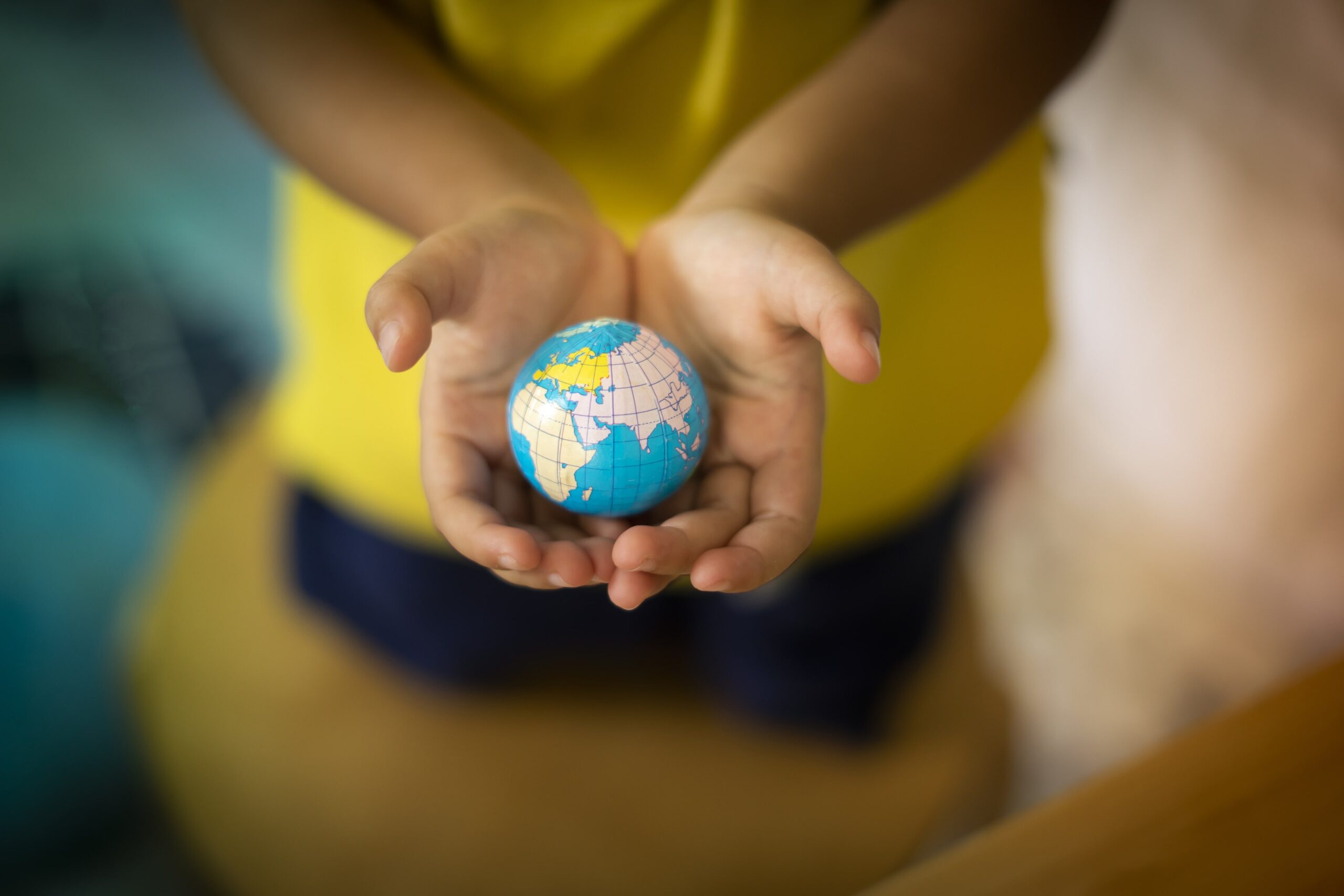-
What We Do
- WHERE WE WORK
-
About Us
 Welcome Message from Carol Jenkins
Welcome Message from Carol JenkinsFor more than 90 years, World Learning has equipped individuals and institutions to address the world’s most pressing problems. We believe that, working together with our partners, we can change this world for the better.
On my travels, I’ve had the opportunity to meet with many of those who have joined us in this mission. In Baghdad, we’ve trained more than 2,300 Iraqi youth who are already giving back at home. In London, our partners in the TAAP Initiative strongly believe that we are all responsible to practice inclusion. And in Vermont, our Experiment in International Living and School for International Training participants prove every day that they have the tools and the determination to change the world.
Please join us in our pursuit of a more peaceful and just world.
- Get Involved

About Us
Diversity, Equity, Inclusion, Access+
Inclusion is at the heart of who we are and informs how we do our work.
We are a globally diverse community of staff, faculty, board members, alumni, students, and participants who believe that inclusive and equitable practices are at the heart of a peaceful and just world.
Each of us strives to honor diverse voices and lived experiences, examine our own biases and privileges, actively work to address inequities in our structures, and foster a community of open dialogue. We are committed to acting with accountability, transparency, reciprocity, authenticity, and empathy.
Learn more about our people and what it means to work at World Learning.
Our Values in Practice
We aim to use our core values—community, intercultural understanding, sustainability, and social inclusion & justice—as our guiding light to ensure we live out the principles of Diversity, Equity, Inclusion, Access+ (DEIA+) in our programs and how we operate as an organization. The addition of the “+” represents an important acknowledgment that there are other principles or concepts, such as justice or belonging, that guide our actions as well.
As an organization, we conducted an assessment in 2021. It demonstrated that a more comprehensive approach to DEIA+ was needed for World Learning to best achieve its mission to work globally to enhance the capacity and commitment of individuals, institutions, and communities to create a more sustainable, peaceful, and just world.
In 2022, World Learning created a comprehensive DEIA+ framework that is to be implemented over the next four years. The areas of the framework are People, Culture, Capacity, and Programs and are aligned with World Learning Inc.’s Strategic Plan. The framework outlines initiatives through 2026 and is supported fully by World Learning’s Board of Trustees.
Learn More About Our Approach
Learn how we further expanded inclusion in our flagship program, The Experiment in International Living, and School for International Training, an accredited academic institution under the World Learning family.
Explore how World Learning embeds diverse, equitable, and inclusive practices throughout our programs, toolkits, and approaches.
- International Visitor Leadership Program
- Jóvenes en Acción
- Increase and Diversify Education Abroad for U.S. Students (IDEAS)
- New Vermonter Education Program
- Supporting Higher Education in Refugee Resettlement
- Youth Ambassadors
- Social Emotional Learning
- Transforming Agency, Access, and Power (TAAP) Toolkit
- Experiential Learning
Read impact stories about how our programs create a more sustainable, peaceful, and just world.





